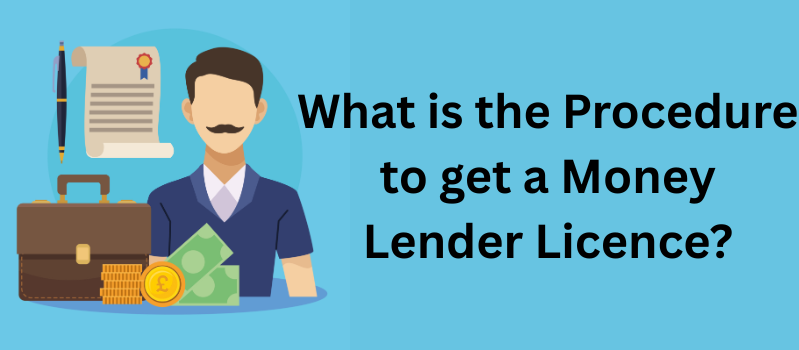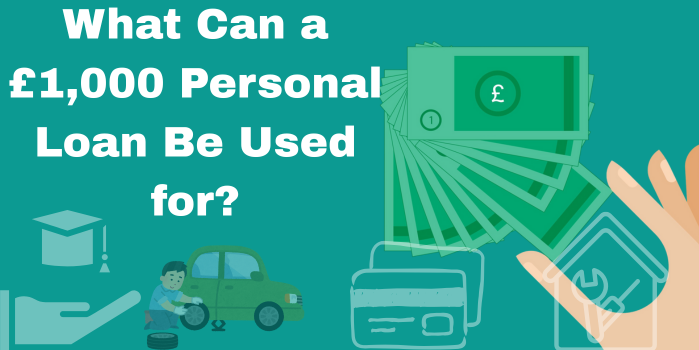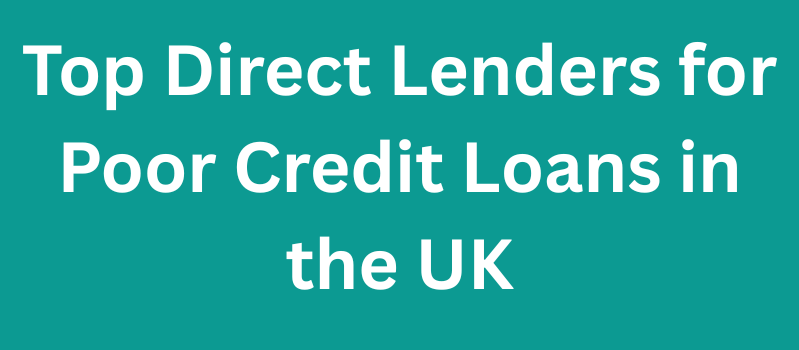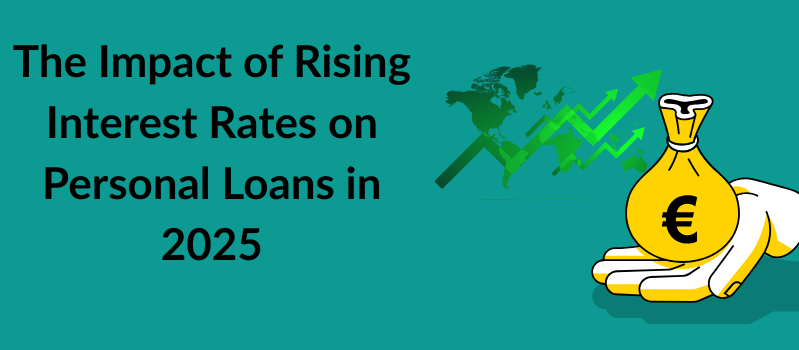
You can get into money lending in the UK with clear rules. The FCA keeps watch to make sure everyone stays honest and fair.
Let's talk about bad credit loans on guaranteed approval. Many lenders try this route, but it's tricky ground. Say someone promises you'll get a loan, no matter what's on your credit file. That's a red flag right there. The FCA watches these ads closely because they often trap people in tough spots.
Some lenders check if you can pay back the loan first. They look at your income, your bills, and how you handle money. Making false promises about guaranteed cash isn't just wrong. It could get your license pulled fast.
Many lenders take time to learn the rules before starting. They check interest limits, understand how much they can charge, and know what papers they need. This homework pays off big time later. The FCA likes seeing lenders who care about doing things right from day one.
Who Needs a Money Lender Licence in the UK?
Starting a lending business in the UK needs the right paperwork. The Financial Conduct Authority keeps a close eye on all money-lending activities. If you want to start a business lending money and making money from it, you'll need this license.
You can be a regular person who gives small loans in your area. Maybe you're planning to help people with quick cash when they're stuck. Or you might want to set up a local lending shop. All these need proper permits to run legally.
The rules don't apply when you help out your friend or family with some cash. Parents supporting their kids or siblings sharing money don't need licenses. These personal loans between close ones stay outside these rules.
- Businesses offering quick loans must get licensed
- Door-to-door money lenders need proper permits
- Small loan businesses require FCA approval
This keeps things fair for everyone and protects people who borrow money. You should have clear rules that help stop unfair lending practices in your area.
| Who Needs a Money Lender Licence? | |
| Activity | Licence Needed? |
| Lending to friends/family | No |
| Personal loans for profit | Yes |
| Payday lending | Yes |
| Business-to-business lending | Depends |
| Debt collection for profit | Yes |
Governing Authority: The FCA
The Financial Conduct Authority looks after the financial lending system and business in the UK. They make sure lenders play fair and keep their promises to borrowers. They are friendly but firm magistrate in the lending game.
Let's talk about a personal loan from a private money lender in the UK. The FCA steps in fast here to protect the people. Say you're a lender offering these loans. You can't just say "yes" to everyone. The FCA wants you to check if people can pay back what they borrow. You, as a lender, making false promises about approval isn't allowed.
They watch every move lender make to keep things genuine in the lending business. Sending mixed signals about easy money gets you in hot water quickly. The FCA checks your books, reviews your ads, and makes sure you explain all costs upfront.
- Lenders must prove they checked each person's ability to repay
- Regular checks ensure lenders follow the rules
The FCA is helpful to both sides. Borrowers know they're safe, and honest lenders can run their business without unfair competition. They're not just watching, but they're actively making lending better for everyone.
| Types of Consumer Credit Activities Covered | ||
| Activity Type | Covered by Licence? | Example |
| Credit broking | Yes | Matching borrowers with lenders |
| Consumer lending | Yes | Payday loans, instalment credit |
| Debt administration | Yes | Managing loan repayments |
| Debt collecting | Yes | Collecting money owed |
| Not-for-profit lending | Maybe | Depends on structure and interest |
Steps to Get a Money Lender Licence
Step 1: Your first move is drafting a solid business plan. You show how you'll lend fairly and help people manage their money. You map out your loan types, interest rates, and who you'll serve.
Step 2: Go to FCA Connect and start your application. It's like filling out an online form but way more detailed. You'll need to set up your account first.
Step 3: The FCA bases its fee on how much cash your business will handle. Small lenders might pay £600, while bigger ones could shell out £15,000.
Step 4: Send in your ID, bank statements, and past money records. You'll also need clear policies about how you'll run things. You show them your customer service plans and complaint-handling steps.
Step 5: The FCA checks if you're fit to run a lending business. They look at your past jobs, any money troubles, and how well you follow the rules.
Step 6: Getting approved isn't quick. Most people wait between 6 to 12 months. You can use this time smart, like setting up your office, training your team, and learning the rules.
| Penalties for Lending Without FCA Licence | |
| Offence | Penalty |
| Operating without a licence | Up to 2 years in prison |
| Lending without authorisation | Unlimited fine |
| Loan agreement status | Likely unenforceable in court |
| FCA action | Ban, sanctions, name on register |
Maximum Interest You Can Charge
The FCA keeps tight limits on what lenders can ask from borrowers. For payday loans, you can't charge more than 0.8% daily. On a £100 loan, that's just 80p per day at most. This rule helps keep costs fair for people who need quick cash.
If someone borrows £300, they'll never pay back more than £600, even with all fees added up. This 100% cap means no nasty surprises for borrowers. Late on payments? The most you'll face is a £15 fee, just once.
For regular loans, things work a bit differently. While there's no fixed cap, lenders must prove their rates are fair. The courts look closely at loans charging sky-high interest. You can take a £1,000 loan - if you're asking for £3,000 back in just months, expect questions from the FCA.
The rules pack some real punch. The Courts can cancel loan agreements if the rates seem too harsh. They've done it before, like when a lender tried charging 45% monthly on a £500 loan.
- Daily interest stays under 0.8% (£8 max per £1,000)
- Total repayment cap at 2x the loan amount
- One-time £15 fee for missed payments
These limits keep lending honest and help folks avoid debt traps. Breaking these rules isn't just wrong; it could cost you your license and business.
Conclusion
Running a lending business requires earning trust through the proper steps. The FCA brings order to the lending world and makes sure everyone follows fair rules.
The path to legal lending looks tough at first glance. But break it down into bits, and it's just about being honest and organised. You keep your rates fair, your papers straight, and treat people right. That's how you build a lending business that lasts.





